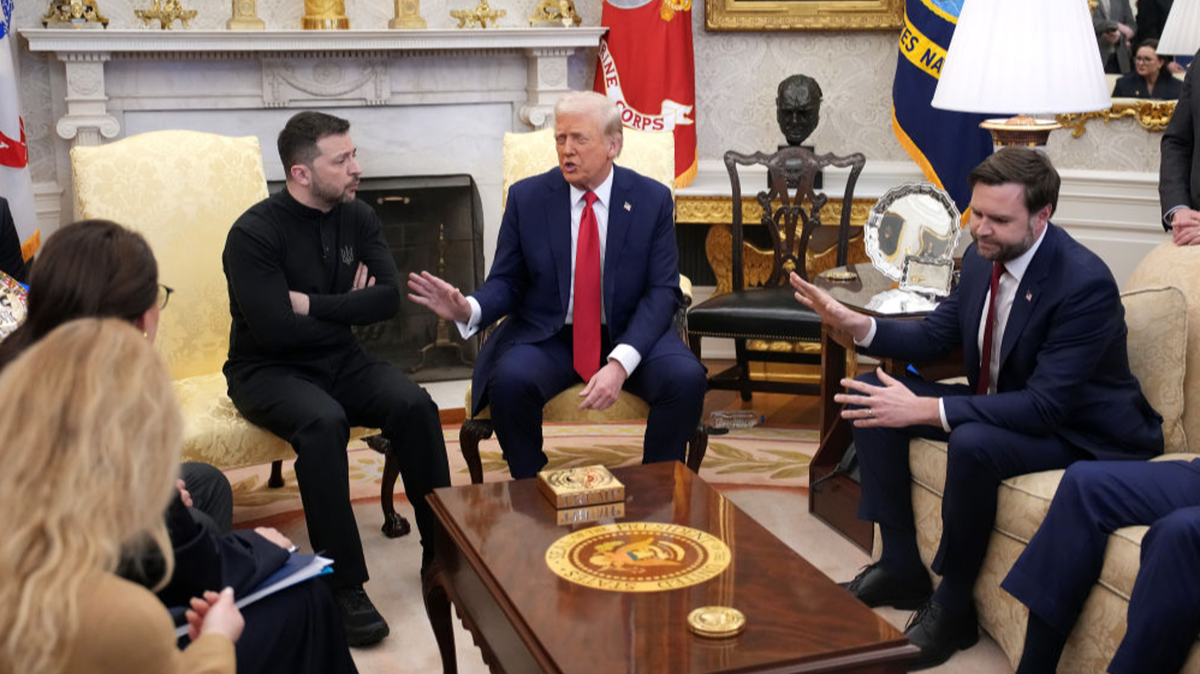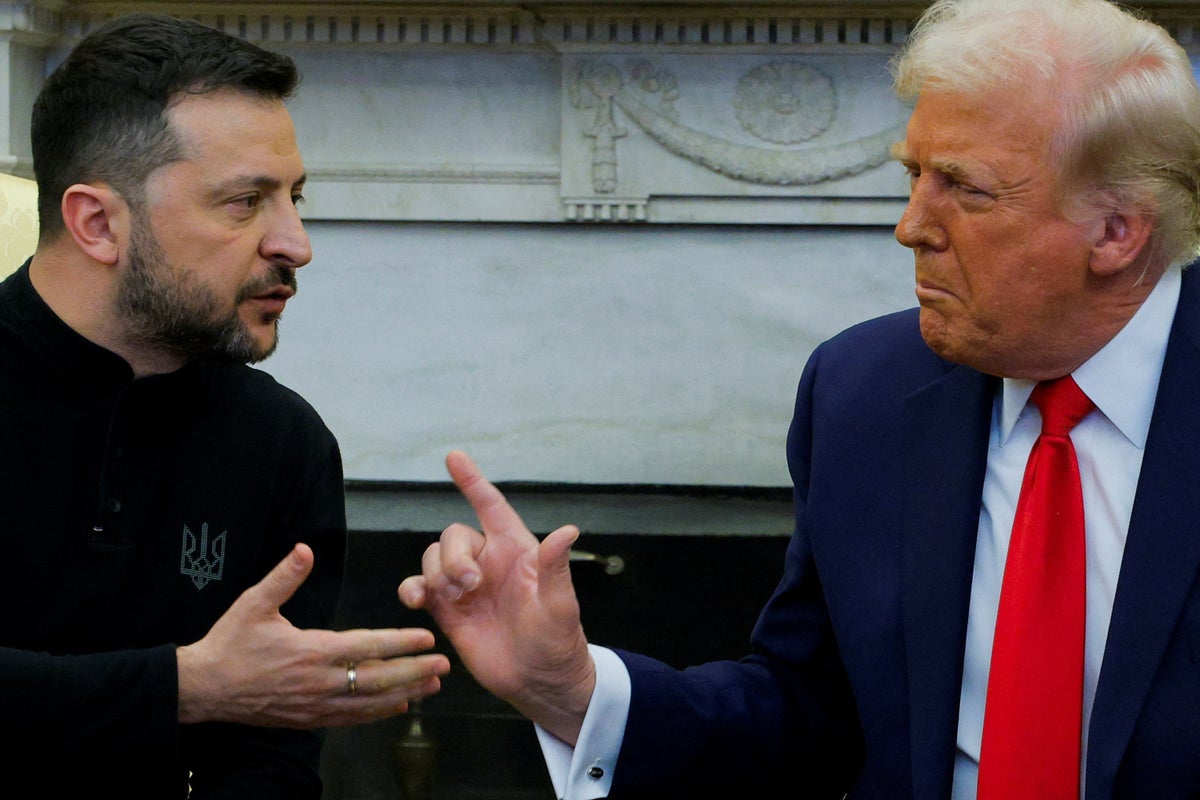Potential Expansion of Online Gambling in the US Post-Election

As the U.S. approaches the pivotal presidential election in November 2024, the potential for significant shifts in the gambling landscape across various states has come into focus. While some states stand to gain or lose ground in the realm of sports betting and other forms of gambling, others remain steadfastly resistant to any change.
The political climate surrounding gambling expansion is intricately tied to the upcoming election results. Should Donald Trump secure a victory, states like Texas and Arkansas may see significant changes in their gambling frameworks. Trump’s potential appointments of state leaders to key positions could reshape the legislative landscape, potentially paving the way for more extensive gambling options.
States like Utah and Hawaii continue to uphold strict prohibitions against all forms of gambling, including sports betting, which limits options for local players. However, there are always online avenues that those in these states can explore, including options, like Utah sports betting options that may allow residents to engage in limited wagering through various online platforms. Expert sports betting and casinos writer Roland Arum suggests using online sites in his review for all Beehive State players until the situation is clear, as they offer all the advantages of playing in casinos, like premier bonuses and fast banking methods, without having to go to one.
In Arkansas, the current political atmosphere also holds promise for gambling expansion. Governor Sarah Huckabee Sanders, who has connections to the Trump administration, may pursue more liberal gambling policies if given the opportunity. The state has already made strides in legalizing sports betting and expanding casino options since voters approved gambling expansion in 2018. The trajectory for Arkansas suggests that under Sanders’ leadership, the state could explore the possibility of legalizing iGaming and further expanding its existing gambling framework.
Conversely, if Kamala Harris were to emerge victorious, states like Minnesota and California might experience a more moderate shift in their gambling laws. Minnesota’s current governor, Tim Walz, is supportive of digital sports betting, and the bipartisan movement is also supportive of legalizing online sports betting. Should both currents continue their momentum anything could happen post-elections. This could lead to expanded sports betting options that align with tribal interests, allowing Minnesota to harness the economic potential of a regulated market while respecting the sovereignty of its Native American tribes.
In California, however, the situation is more complex. With a significant emphasis on tribal rights and a history of voter-driven initiatives regarding gambling, any leadership changes may not have a direct impact. The state’s gambling future largely rests with its voters, and the existing legal uncertainties surrounding fantasy sports could linger unless addressed by a new administration. Should Harris appoint Attorney General Rob Bonta to a federal position, his departure would leave a significant gap in the ongoing discussions about regulating fantasy sports, which are currently unregulated in California.
In Texas, for instance, Governor Greg Abbott or Lieutenant Governor Dan Patrick could find themselves in influential roles that might encourage a more favorable approach to gambling legislation. Abbott has previously signaled a willingness to consider legal wagering, a notable shift from his earlier stance against expansion. This won’t be the first time the Texas legislature has considered legalizing casinos and sports betting. Meanwhile, Patrick, who has consistently opposed gambling initiatives, could be replaced by someone with a different viewpoint, which would further impact the state’s legislative direction.
Utah and Hawaii remain firmly against gambling, each out of its own historical and economic reasons. Utah has a long-standing prohibition against all types of gambling and betting, owing largely to its cultural and religious influences. While local players are largely excluded from traditional betting options, they can explore online platforms that offer alternative forms of wagering, as explained above. Though the state’s strict laws create challenges, technological advancements have provided some opportunities for players to connect with platforms that cater to their interests.
Hawaii similarly maintains an unwavering stance against gambling, reflecting a cultural ethos that values community and familial ties over the individualism often associated with gambling. Yet, as in Utah, residents can look to online avenues for limited participation in betting activities. The state has seen various proposals aimed at legalizing some forms of gambling, but thus far, none have gained traction. The potential for future change exists, especially if external pressures and shifts in public opinion continue to mount.
As the political landscape evolves and the presidential election looms, the dialogue around gambling expansion is becoming increasingly relevant. The opportunities for states like Texas and Arkansas to embrace more extensive gambling options could create a ripple effect, encouraging neighboring states to reassess their policies.
The potential for significant changes in gambling legislation is on the horizon as the election approaches. As political tides shift, it will be fascinating to see how these developments unfold and shape the future of gambling across the country. Nevertheless, online options provide residents in these states with avenues for engagement, reflecting the dynamic nature of the gambling landscape in America.
Related
Sports Betting Giant Flutter Forecasts Strong U.S. Growth To Drive…
Flutter CEO Peter Jackson.Courtesy of Flutter Entertainment Flutter Entertainment, the world’s largest online gambling company, said that it’s expecting str
BetBlocker Enters US Responsible Gambling Market
The charity, originally from the UK, launched a US unit, BetBlocker US, as part of its North American entry. The organiz
Viewers react to ’embarrassing’ JD Vance comment toward Zelenskyy as…
Social media users watching clips of the heated meeting between President Donald Trump, Vice President JD Vance and President Volodymyr Zelenskyy have called a
Ukraine latest: Zelensky urges Trump to stand ‘more firmly on…
We have Zelensky's statement in full Below, we have Ukrainian president Volodymyr Zelensky’s statement in full after touching down in the UK following a fiery













